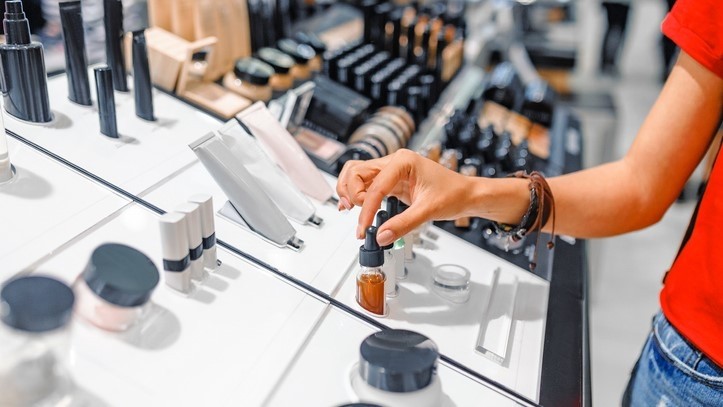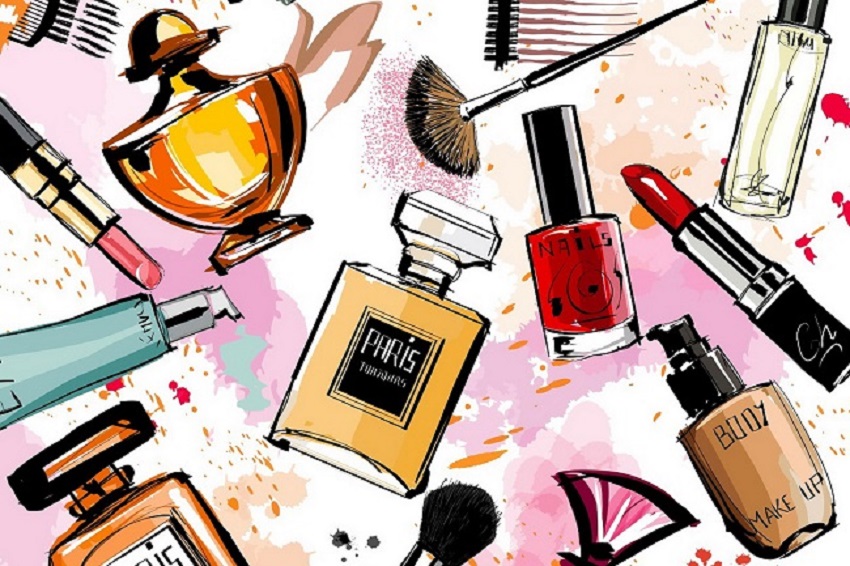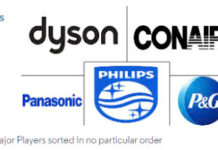The novel coronavirus outbreak will have lasting impact on the beauty industry when it comes to digital strategies, cross-collaborations and sustainability.
The outbreak of COVID-19 in January has severely affected every aspect of the global economic structure. Experts have predicted that the pandemic may throughout the year or longer.
Players in the beauty and personal care industry faced pressure to adapted rapidly in the wake of the pandemic.
These changes brought about by COVID-19 will have a long-term impact on the beauty industry.

In the wake of city-wide lockdowns and store closures, firms such as the Shiseido Company and L’Oréal Group leveraged on their strong e-commerce platforms to continue serving its consumers.
For the first quarter of 2020, L’Oréal reported that e-commerce sales grew 52.6% from the previous year and accounted for nearly 20% of total sales of the group.
“The current crisis has led to a strong acceleration of the digital transformation on which L’Oreal is particularly well-positioned, thanks to its strength in e-commerce and expertise in digital media, content and services which enrich the consumer experience,”
As COVID-19 continues to keep shoppers at home and away from brick-and-mortar retailers, more consumers are expected to turn to online platforms to purchase items, including beauty and personal care products.
As COVID-19 continues to keep shoppers at home and away from brick-and-mortar retailers, more consumers are expected to turn to online platforms to purchase items, including beauty and personal care products.
According to a Mintel survey conducted in March 2020, 49% of South Korean consumers and 16% of Japanese consumers have increased the amount of shopping they do online.
“In the coming Q2, upcoming holidays and promotion activities in online retailers will further boost the recovery of beauty retail. Brands will leverage holidays such as Labour day holiday, Mother’s Day and June 18 or 618 promotion to drive sales,” said Mintel Analyst Sharon Kwek.
To boost consumer engagement, Kwek suggested that companies could use live-stream to broadcast events such as product launches and campaigns to interacted with isolated consumers.
“Brands should look to China for inspiration, where the fusion of live streaming and eCommerce is already established and popular there,” she said.
Kwek emphasised that beauty companies would need to place more focus on e-commerce and digital initiatives.
“E-Commerce has been expanding and more so than ever before. Beauty houses need to step up their digital strategies moving forward, not just on connecting with influencers and social media marketing or selling but also developing the backend supply chain and logistical capacity to facilitate operations and manage unforeseen circumstances.”

L’Oréal has noted that maximising its e-commerce opportunities would be one of its priorities moving forward.
It added that it would take what it has learnt from its experience in China and accelerate plans across all markets.
Kwek highlighted that once lockdowns are lifted, the consumers’ “desire for reconnection” would heighten in the aftermath.
“Beauty houses that have not built their community need to take actions now or fear losing out on the competition. What forms the brand community and how brands are connecting with their communities are crucial business questions to consider and act upon.” she cautions.
Collaboration and sustainability
The pandemic has brought about new opportunities for companies across all sectors.
For instance, lingerie brand Wacoal utilised their production facilities to produce free face masks while Australian craft brewers pivoted to manufacturing alcohol for hand sanitisers.
In the beauty industry, LVMH, the Shiseido Company and Beiersdorf moved to produce hand sanitisers for the community.
Smaller brands like Singapore-based The Verdant Lab have also stepped up to do play a part.
The eco-label is now offering hand sanitisers for sale which consumers can top-up at its refillery stations.
“We have seen many dubious DIY recipes online. So, we wanted to use our platform to combat that kind of misinformation we are just trying to use our expertise to make sanitisers available to more people,” said Co-founder Maeve Chen.
While beauty companies think about business recovery, it is also them to consider more cross-category or industry opportunities, said Kwek.
“Perhaps this is the time to reconsider adjacent and even non-adjacent categories to venture into, while re-strategising plans for post-COVID-19.”
The shortages experienced by consumers will also impact sustainability.
CEO of personalised fragrance perfumery Maison 21G, Joanna Monange believes consumers will become more conscious about the packaging they consume.
“Already we see that we need to talk about sustainability and how sustainable you are in the way you create your products. Consumers will become even more conscious about what they are taking.”
Similarly, Kwek believes the shortages of face masks, toilet paper and tissue paper are turning paper into a precious commodity, sparking new debate over paper-based packaging.
“Brands could re-examine the purpose of using paper and single-use packaging and wake up to more sustainable choices.”
Maison 21G currently offers consumers the choice of a reusable case or pouch they can repurpose into hold other items.
“This way, you will not leave this boutique with a carton box you will throw away,” said Monange.




